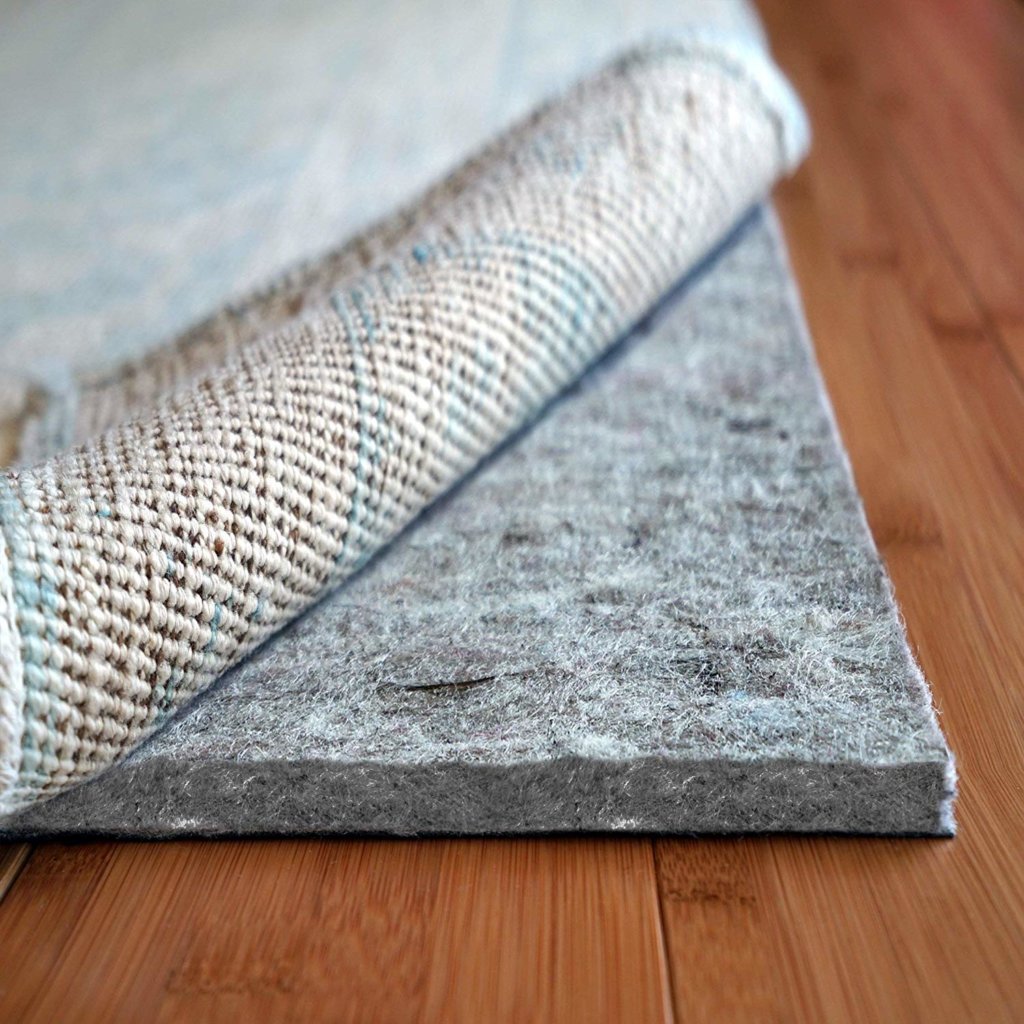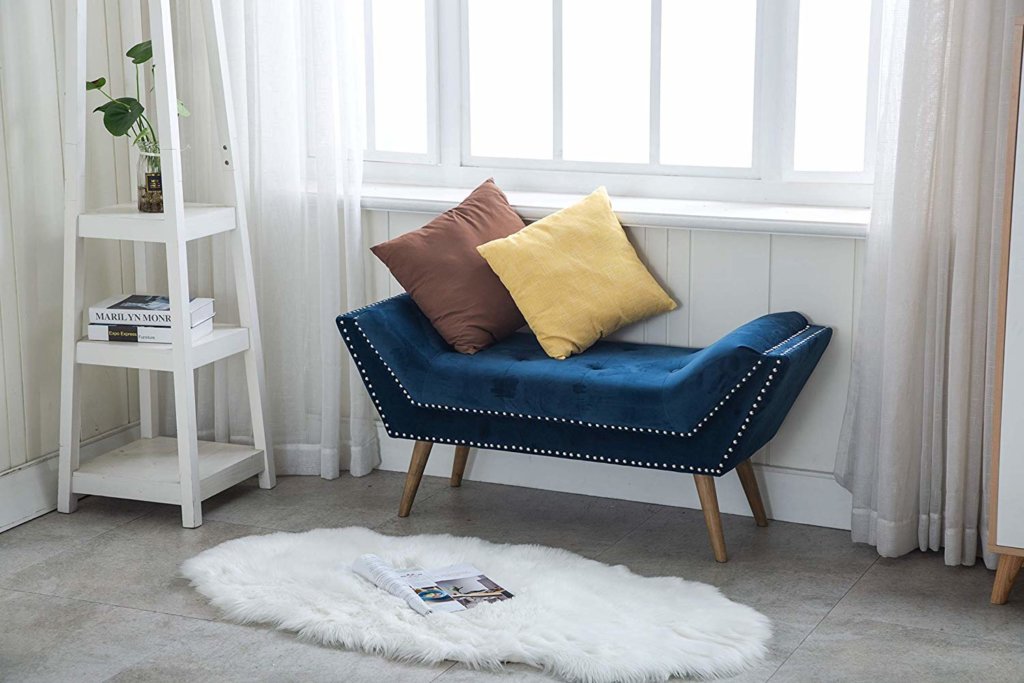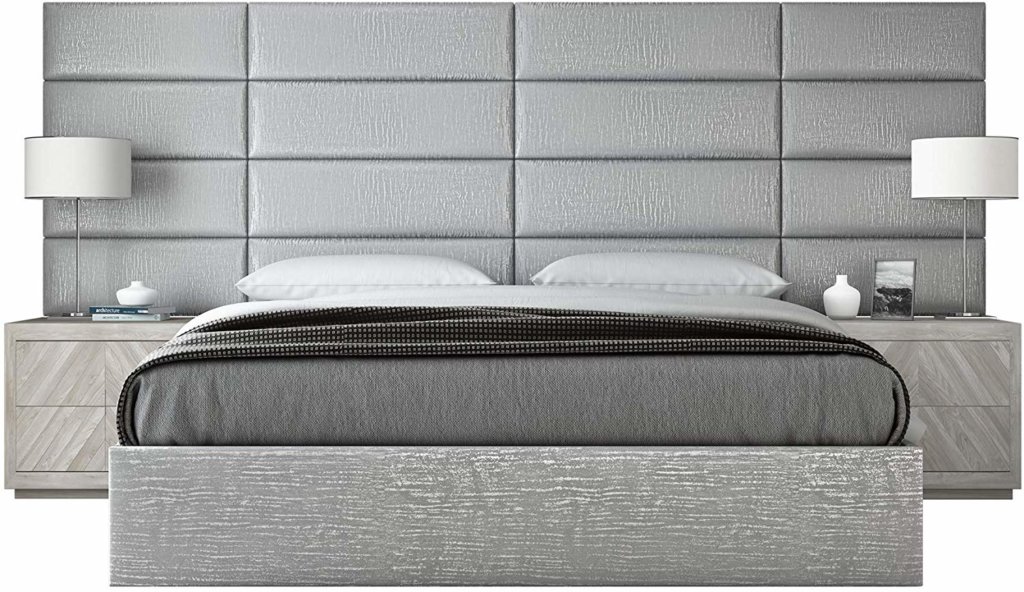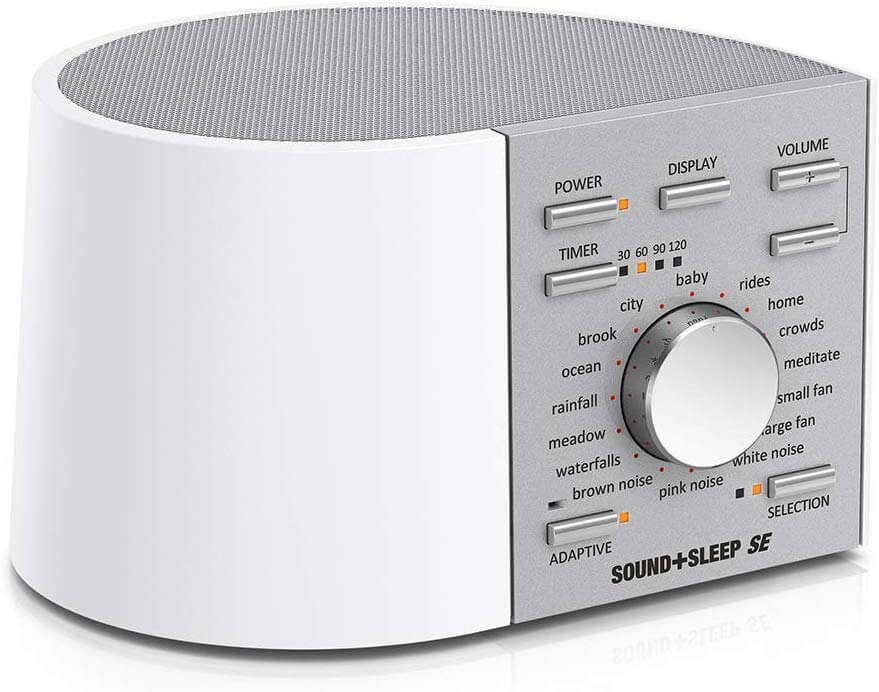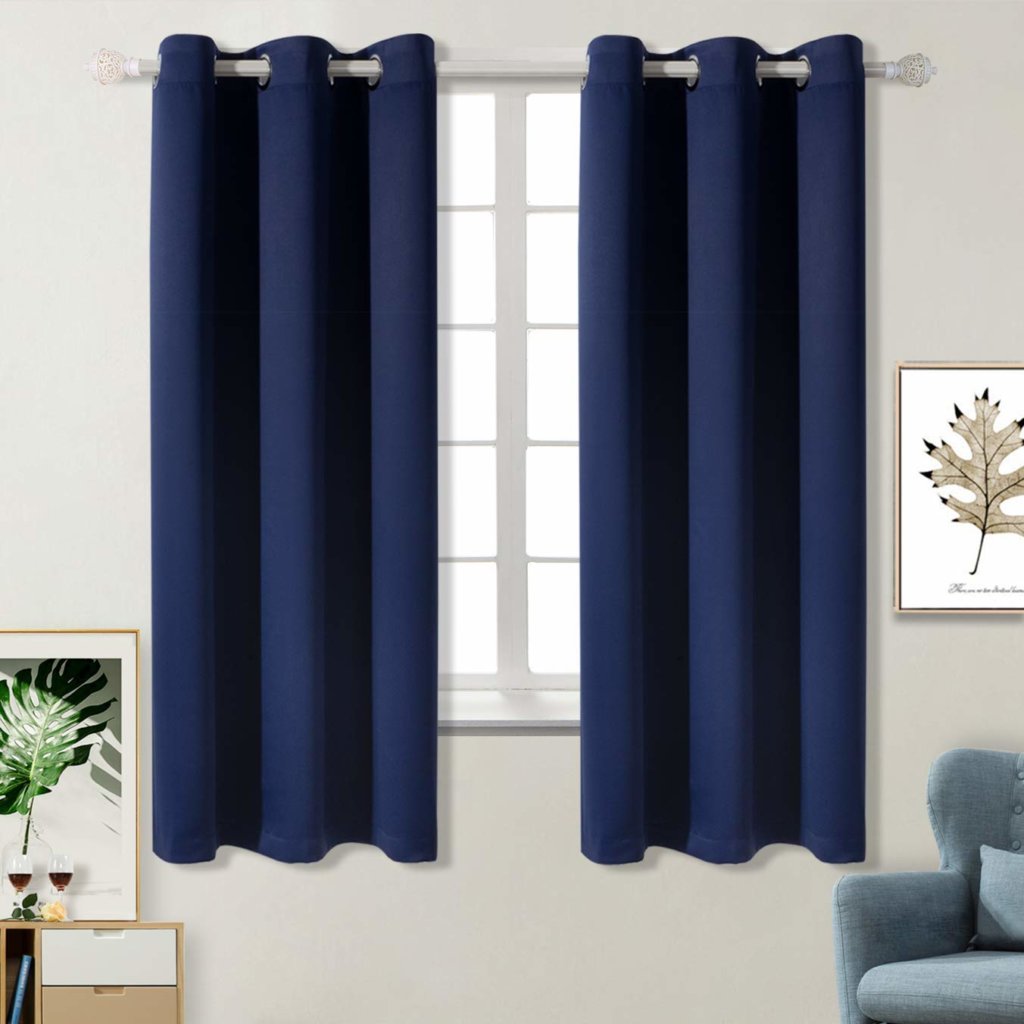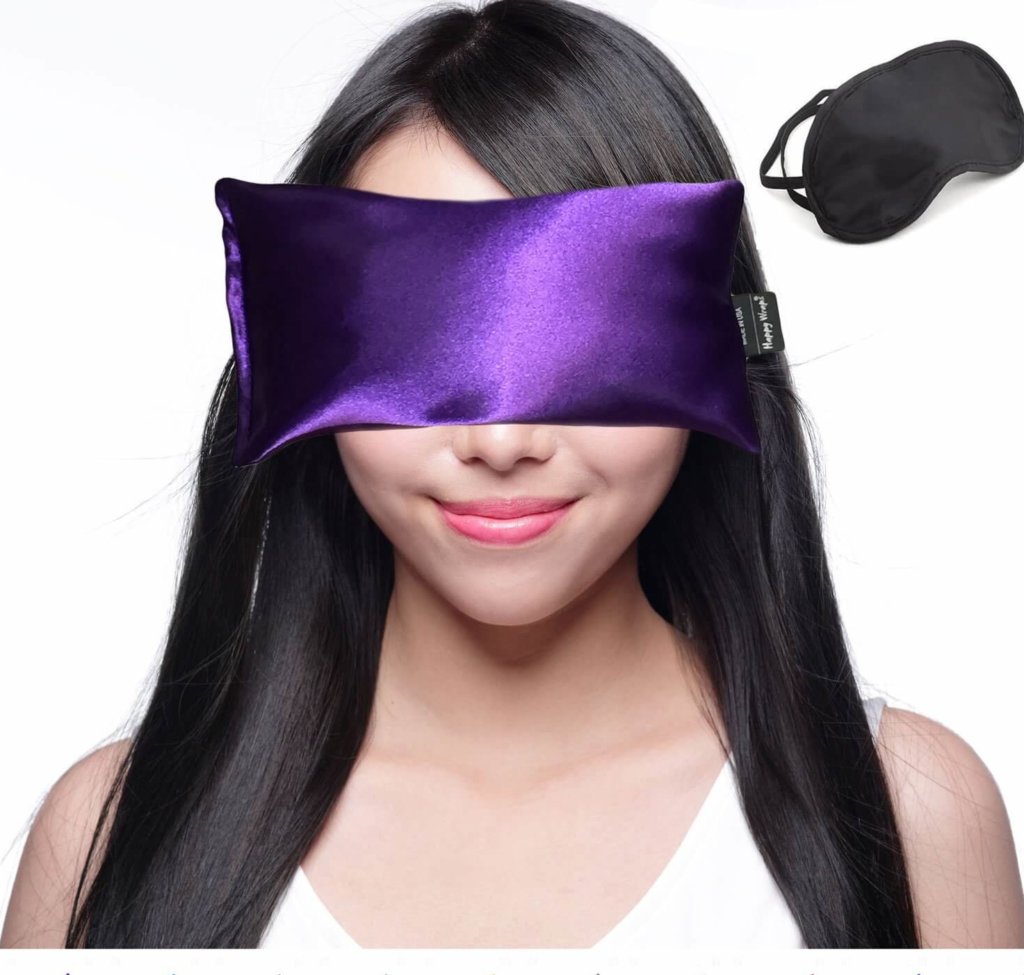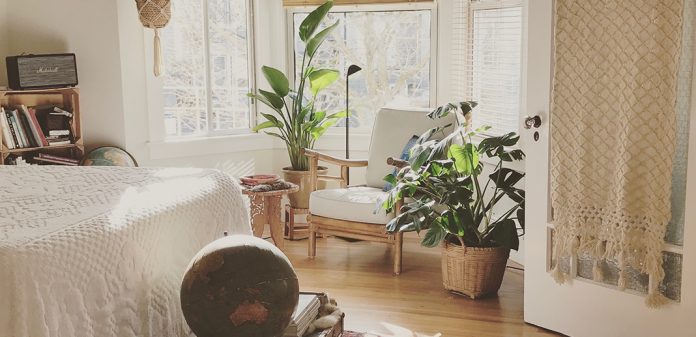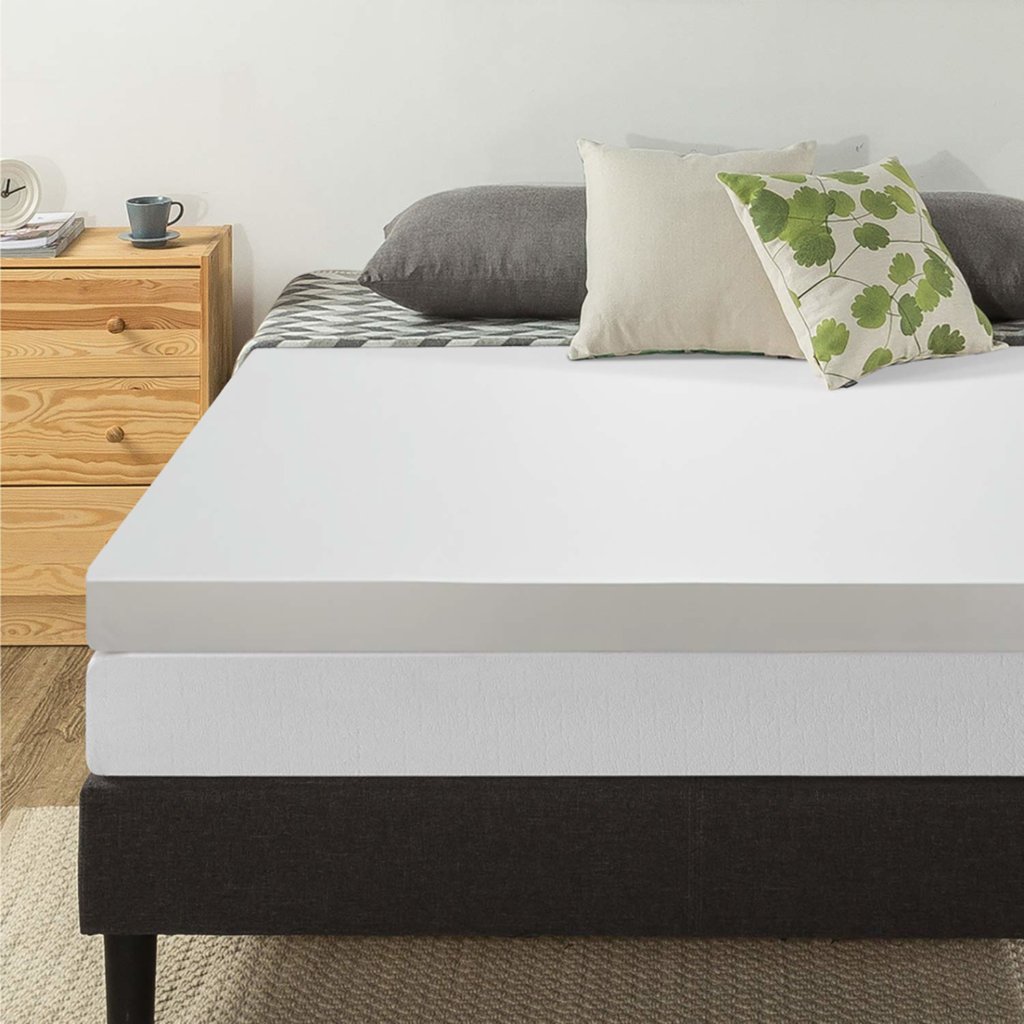Unfortunately for those who like to do outdoor activities after work, Daylight Savings Time ends this weekend — which means it will get dark an hour earlier each evening. Daylight hours will also continue to decrease until we reach the winter solstice on December 21, the shortest day of the year.
Shorter days and less daylight can disrupt sleep cycles, contributing to conditions like Seasonal Affect Disorder (SAD) and lowering energy levels. The end of Daylight Savings Time also means the sun is rising an hour earlier, which could wake you up earlier than you’d prefer.
With earlier sunsets and shorter days on the horizon, it’s especially important to maximize and improve your sleep. There are many ways you can make your apartment more soundproof and lightproof, which can help you sleep more soundly and feel better even as the days shorten.
Reduce Sound & Light For Better Sleep
Here are some of our tips on optimizing your bedroom for sleep.
Limit Noise
- Lay down rugs with rug pads. Area rugs help absorb sound between floors. Add a rug pad like this one, which provides a dense barrier for sound dampening and insulation benefits as well as additional comfort.

A thick rug pad can help minimize sound in your bedroom. [Image: Amazon] - Get upholstered furniture. Soft surfaces dampen noise, according to ForRent.com. Consider adding a thick duvet to your bed, put an upholstered bench at the end of your bed, or hang a decorative quilt or blanket on the wall to prevent outside noise.

An upholstered bench, pillows and a thick duvet can help soundproof your bedroom for better sleep. [Image: Amazon] - Get a ceiling-height upholstered headboard. The fabric can absorb outside sounds, which is especially helpful if your bedroom shares a wall with another apartment. This large headboard features soundproof acoustic panels with a 0.95 NRC Rating, making it a great noise to block out sounds from neighbors or roommates.

A ceiling-height headboard can help reduce noise in your bedroom, especially if you share a wall with a neighbor. [Image: Amazon] - Use a sound machine. Sound machines are a great way of adding white noise to your bedroom, which can help cover up any unexpected sounds that might wake you up in the middle of the night, or noisy roommates in the morning. We love this one from Amazon, which features many different types of sounds to choose from, including waterfalls, birds and other nature sounds.

A sound machine can mask outside noise that can wake you up in the middle of the night. [Image: Amazon] - Use a fan. Creating a cool environment will help you sleep better, and a fan can add extra white noise that prevents you from waking up before you want to.
- Get earbuds. Earbuds are a must for apartment-dwellers, especially those living with roommates or in cities with street traffic and other outside noise. Foam buds are comfortable and cheap and one of the easiest ways to ensure an uninterrupted night of sleep.
Limit Light
- Hang blackout curtains and thick window treatments. Pair curtains with blackout shades for the best results. Window treatments can be used to reduce light as well as outside noise. Experts recommend heavy fabrics like wool, flannel and velvet for the best sound- and lightproofing. These curtains block out between 85%-99% of sunlight and UV rays.

Thick blackout curtains in a heavy material like velvet or flannel keep out the most outside light and sound. [Image: Amazon] - Insulate your windows. You can purchase strips of insulated foam from the hardware store to fill any large gaps around your windows. This can help prevent noise and light from getting in. Just be sure to check with your landlord first.
- Use Hue lightbulbs to dim the lights in your apartment at night. To help prepare you for sleep, use dimmable bulbs in the lights around your apartment and in your bedroom. This will help signal to your brain that it’s nearly time for sleep as you get ready for bed and avoid overstimulating you. If you wake up in the middle of the night to use the bathroom, having a dimmer light in the bathroom will make it easier to fall back asleep.
- Use an eye mask. This is a great way to black out any extra light that might make it into the room. It also puts you in the right frame of mind for sleep and helps you avoid the temptation of picking up your phone one last time. This lavender eye mask is a great choice because lavender has been shown to aid in relaxation and sleep, and the thick fabric will block light from your eyes even as the sun rises earlier.

An eye mask can help block out excess light in your bedroom. Get one infused with lavender for additional relaxation benefits. [Image: Amazon]
Relax & Unwind
- Take a hot bath. A nice relaxing bath with calming scents can help soothe tired muscles and get your mind off anything that might be causing stress. Light some candles and play some light music to set the tone of relaxation.
- Use a diffuser/humidifier with calming essential oils. As the weather gets cooler, the air gets dryer, especially at night. A humidifier can help you breathe better and avoid illness, while diffusing essential oils like lavender can help you relax and get in the right frame of mind for sleep. This diffuser/humidifer combo kills two birds with one stone.
- Keep houseplants in your bedroom. Houseplants can help clean the air and promote feelings of relaxation, which can help you breathe better and sleep more soundly at night. These seven plants are the best ones to keep in your bedroom to help you sleep.

Peace lilies, snake plants and warneckei are some of the best plants to keep in your bedroom for better sleep. [Image: Loom & Leaf] - Stop screen time an hour before bed. Blue light from electronic devices like phones, computers and TVs can interfere with your body’s production of melatonin, a hormone that regulates sleep. Looking at screens before bed can also stimulate your mind and increase anxiety, neither of which are conducive to good sleep. Try to put your devices away at least an hour before bed and avoid looking at your phone before you go to sleep.
- Avoid caffeine, alcohol and large meals before bed. Experts say you should avoid consuming caffeine at least seven hours before bed. Remember, chocolate contains caffeine, so avoid it close to bedtime. Alcohol can also disrupt sleep and cause you to wake up in the middle of the night, so it’s best to avoid close to bedtime. A large meal can take a while to digest, which can cause heartburn and keep you awake. Eat dinner earlier and stick to small, light snacks before bed.
- Invest in a good mattress or consider a mattress pad. A good mattress can do wonders in terms of improving your sleep, but if the cost is prohibitive, consider a mattress topper. Mattress toppers are an affordable way to make your existing mattress more comfortable. And if your bed if more comfortable, you’ll fall asleep faster and stay asleep longer.

A foam mattress topper can make an old mattress feel like new and help you sleep more soundly. [Image: Amazon]
What do you do to make your apartment bedroom more conducive for sleep? Let us know in the comments below.

 Fair Housing Notice
Fair Housing Notice 
